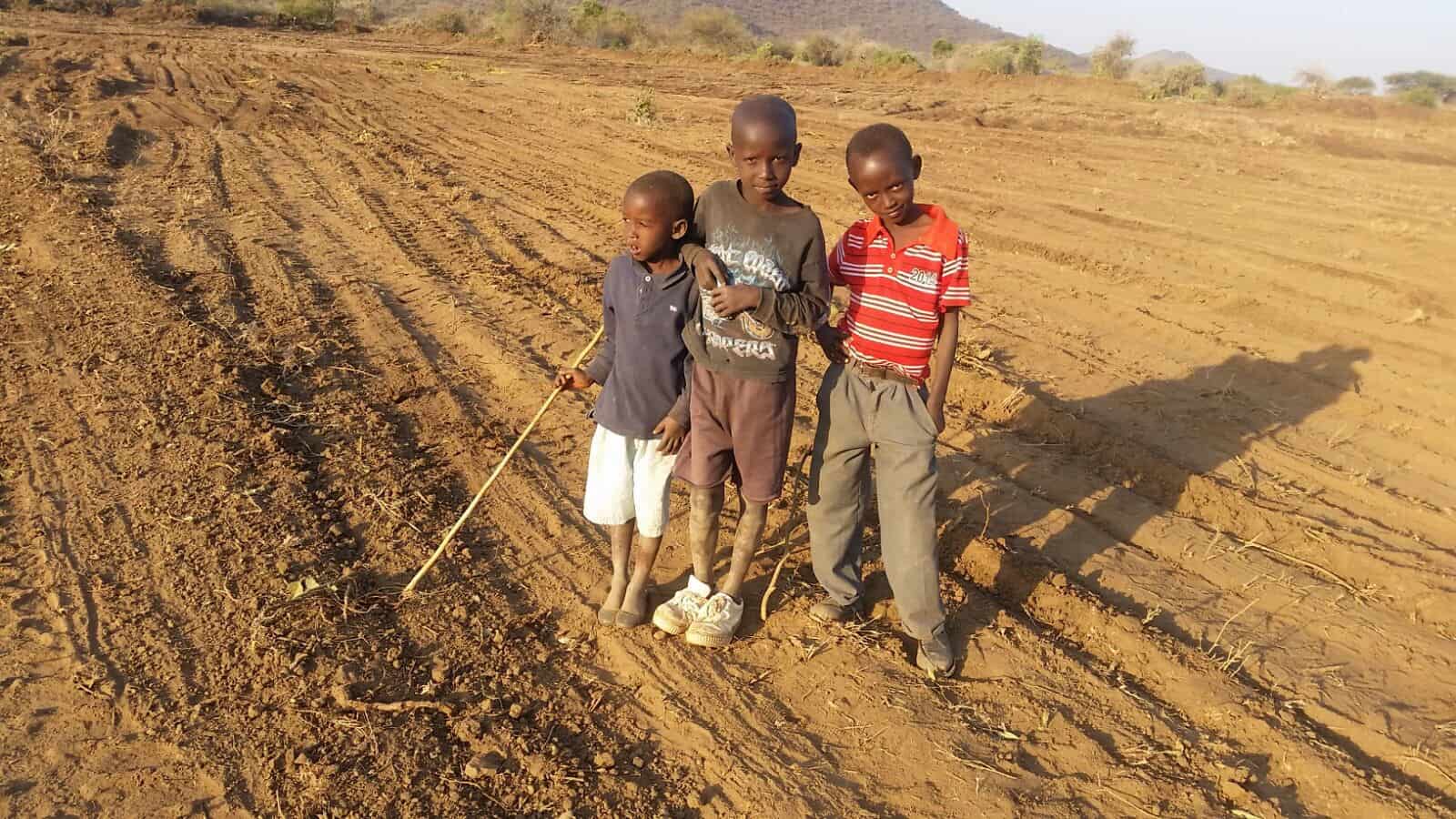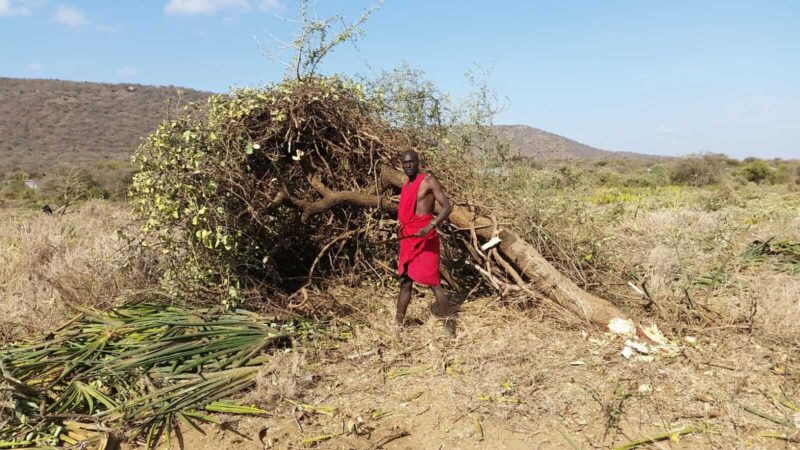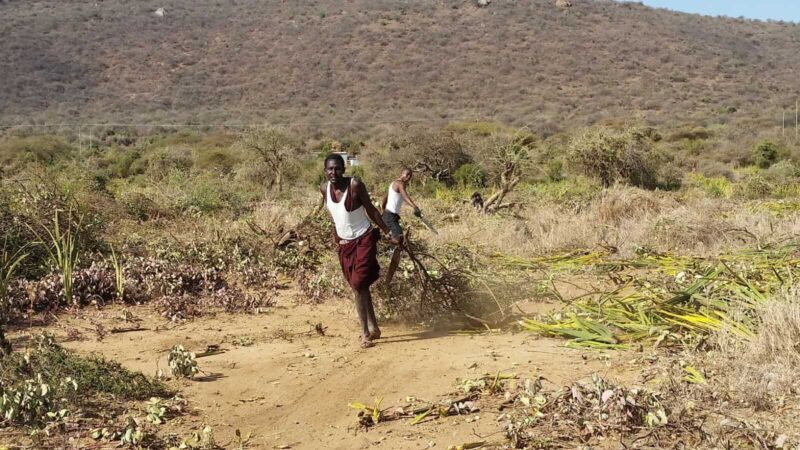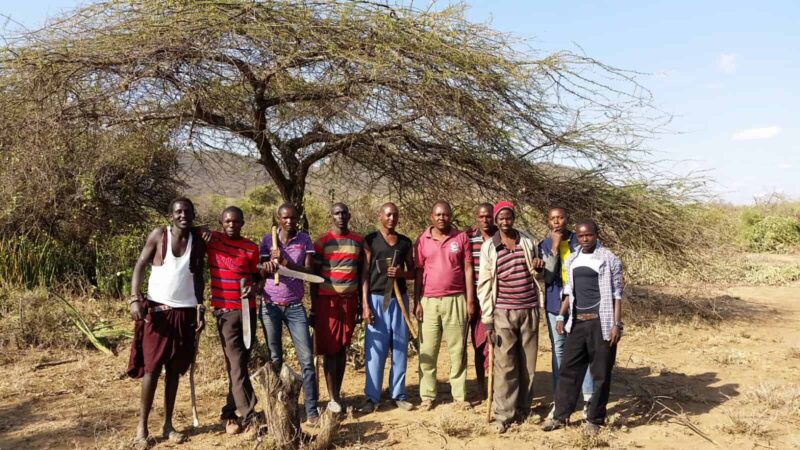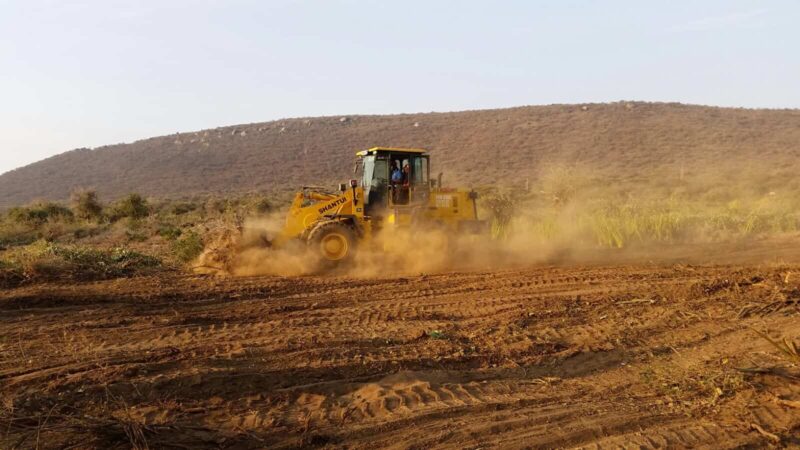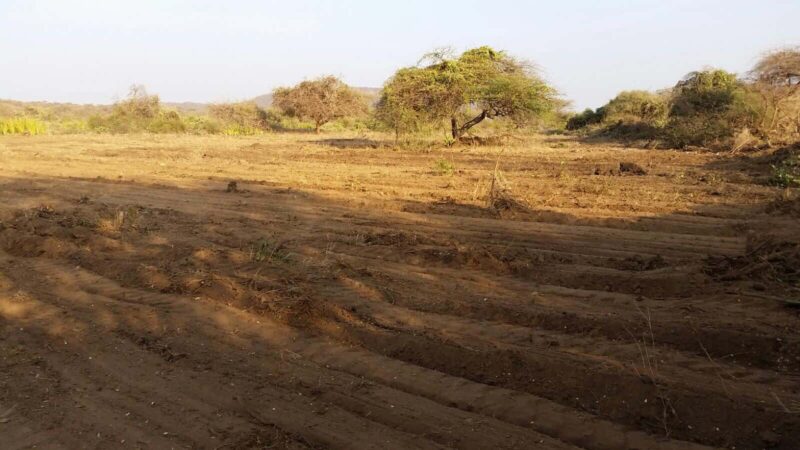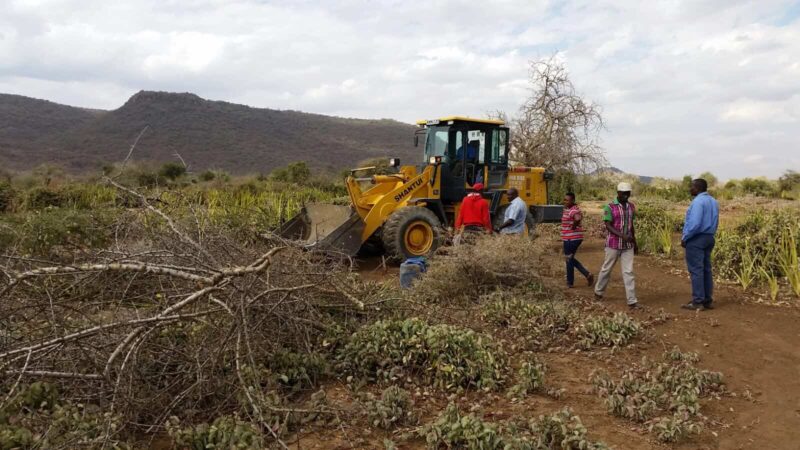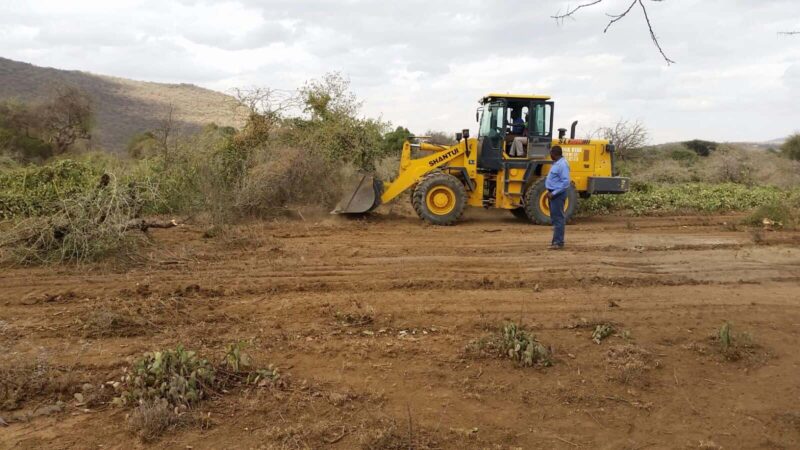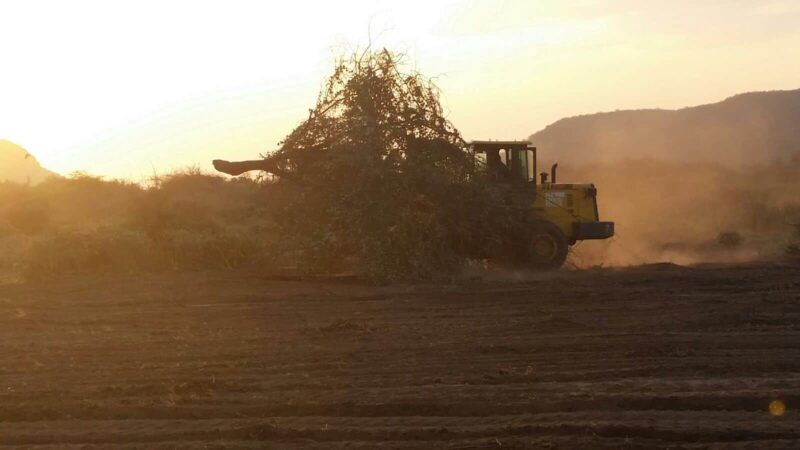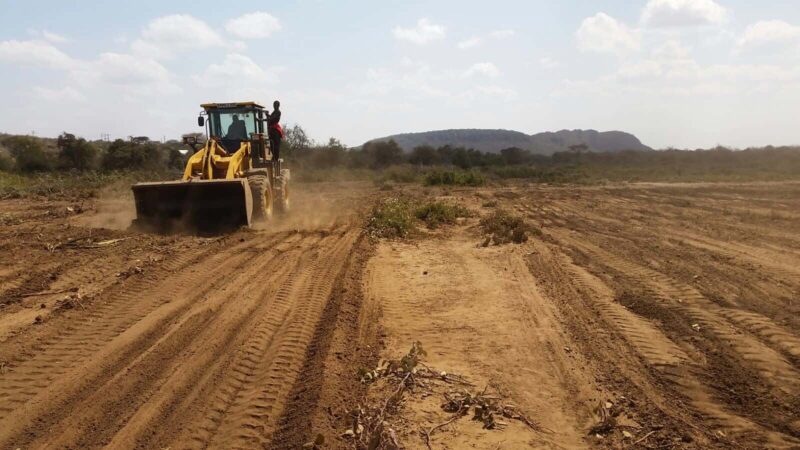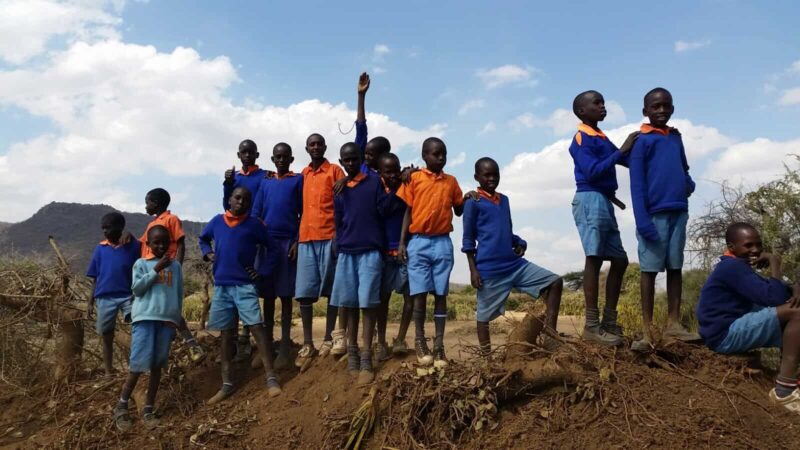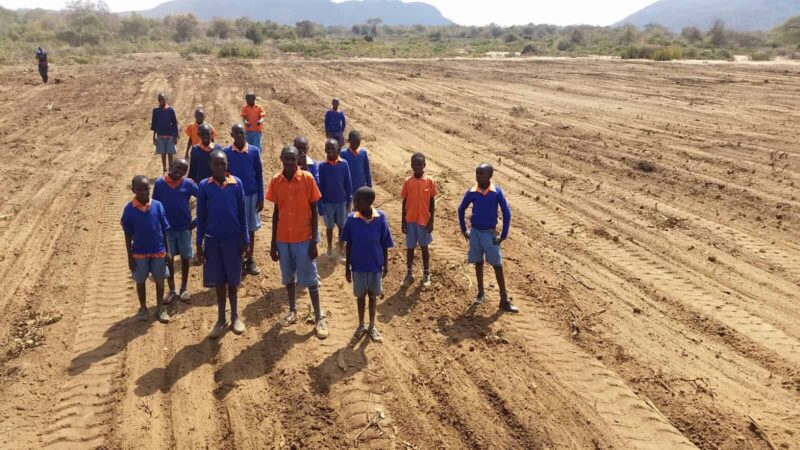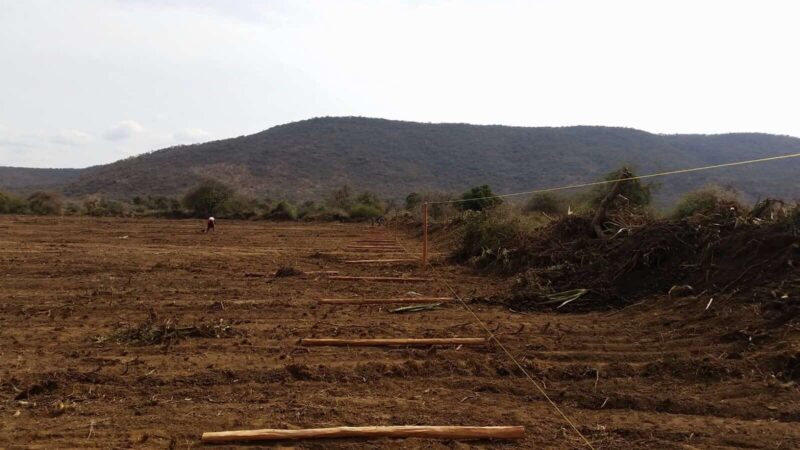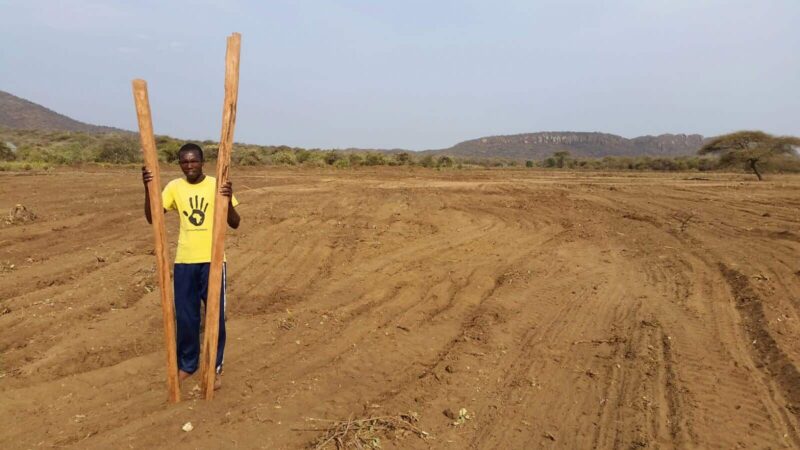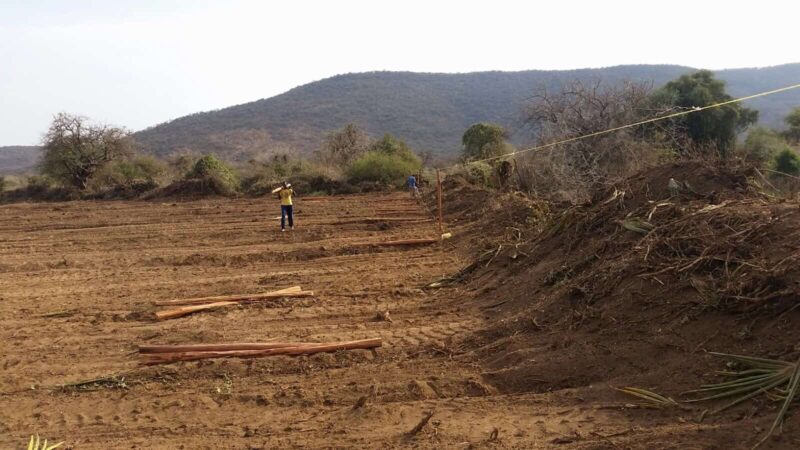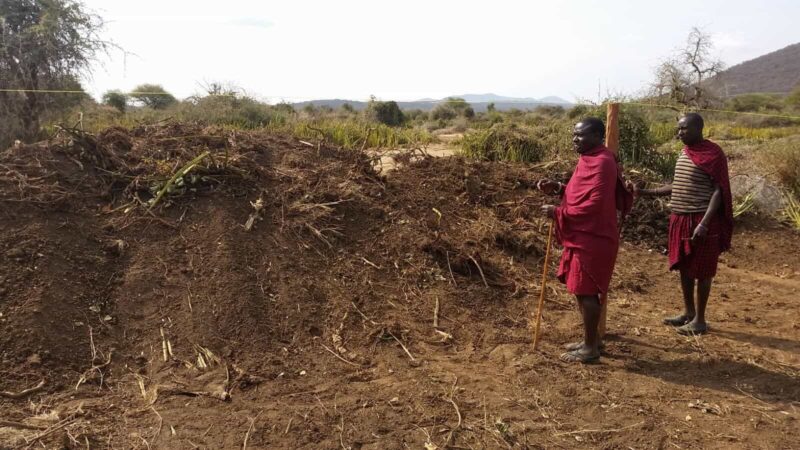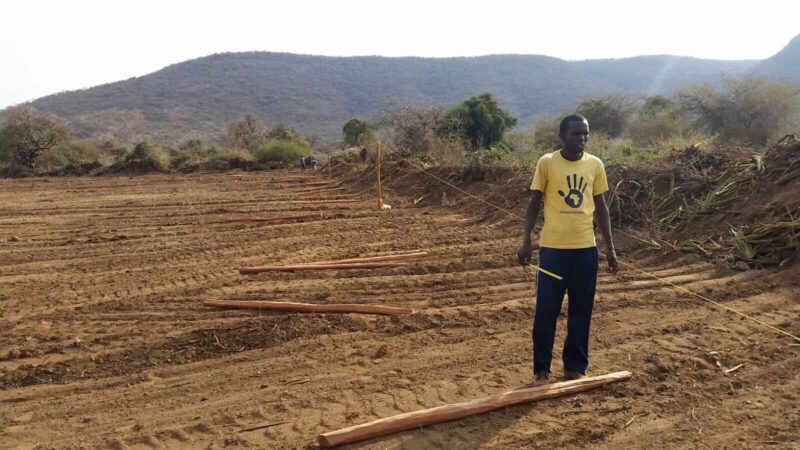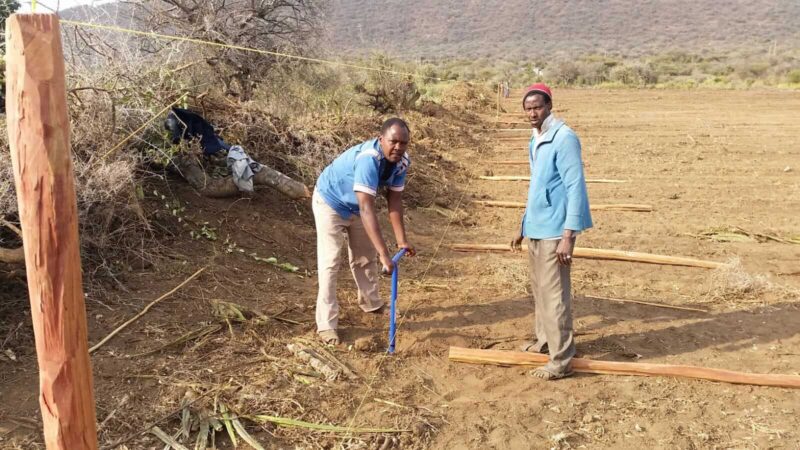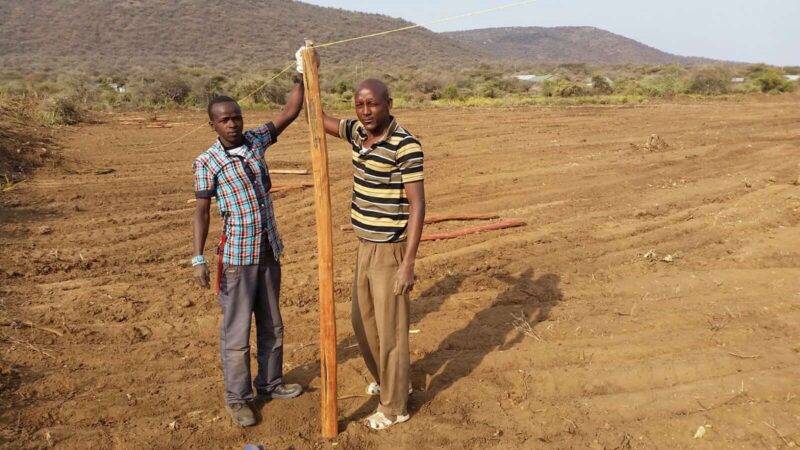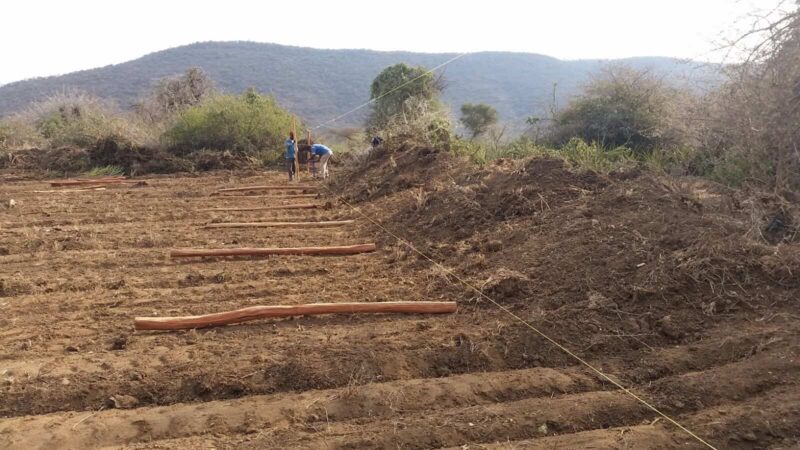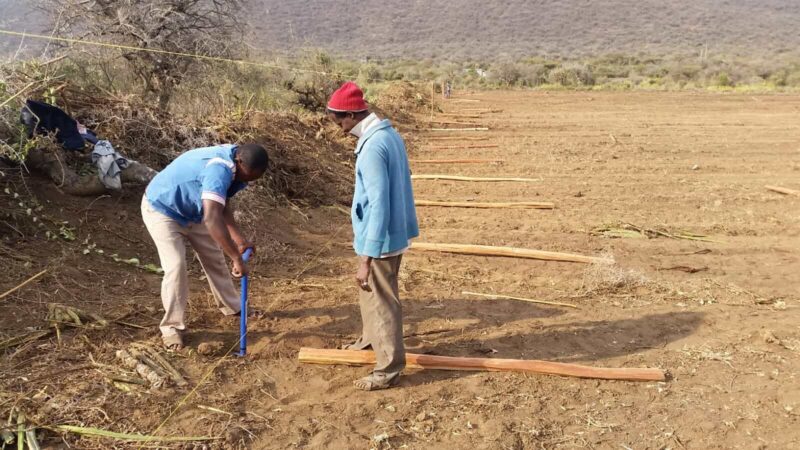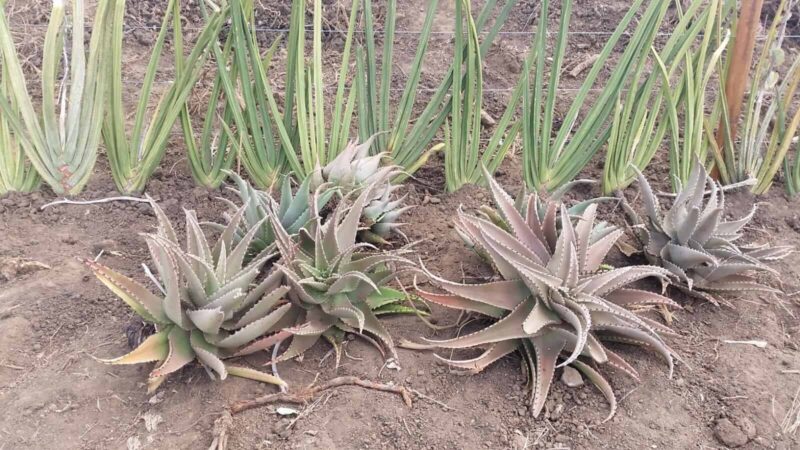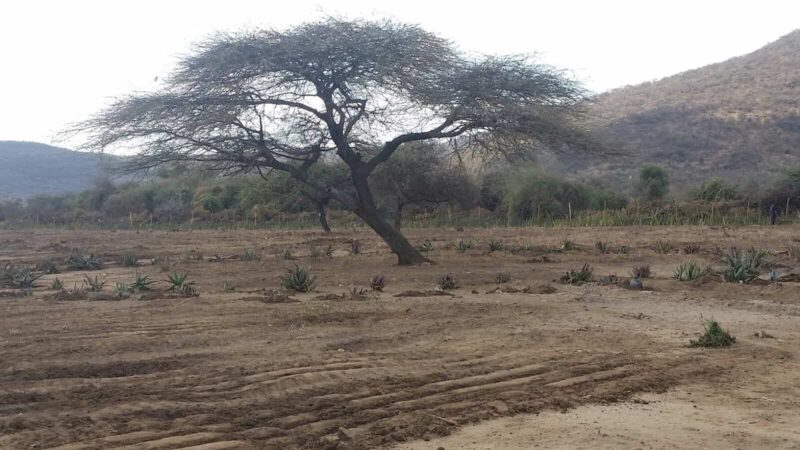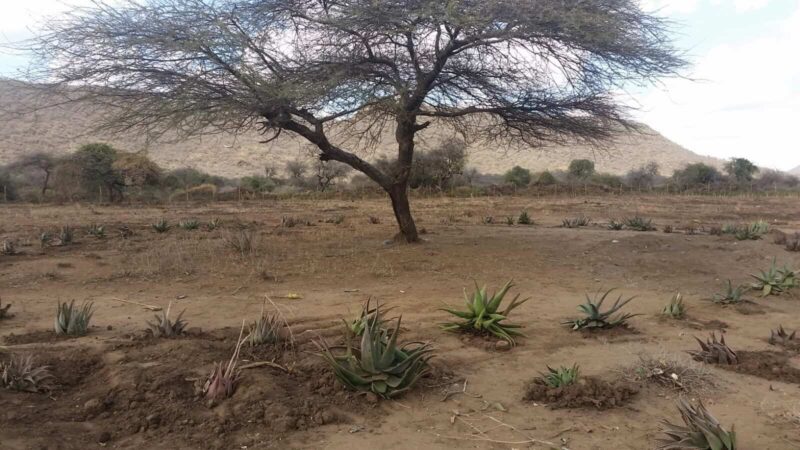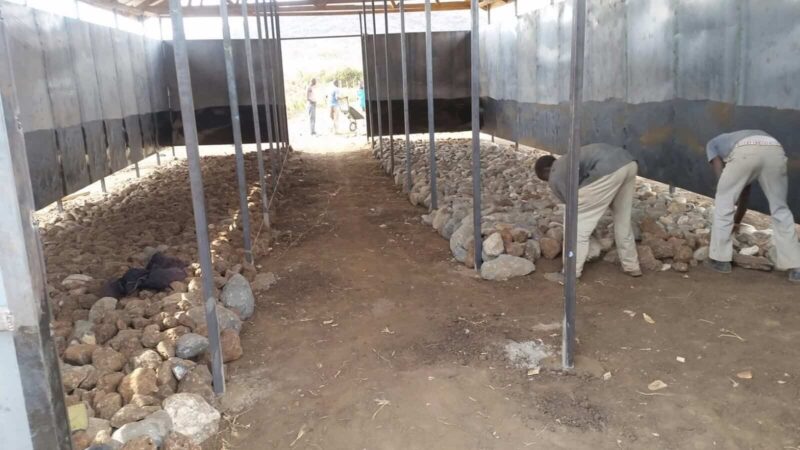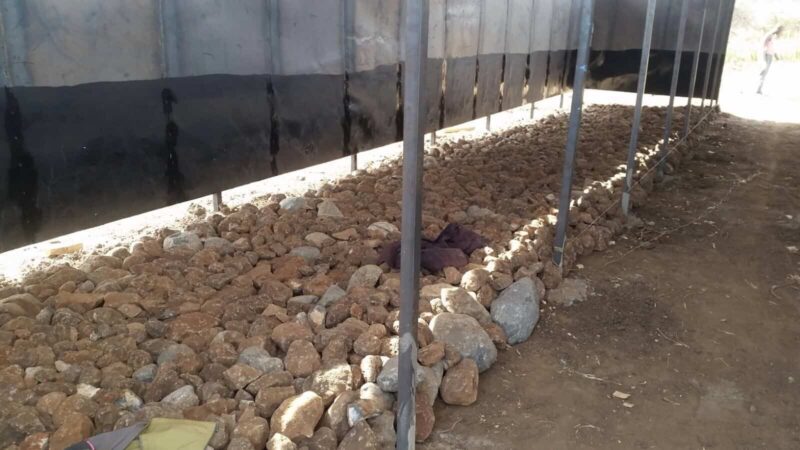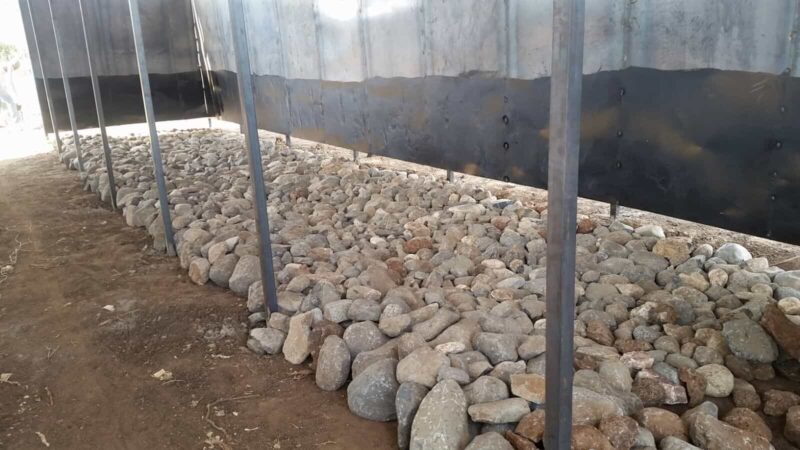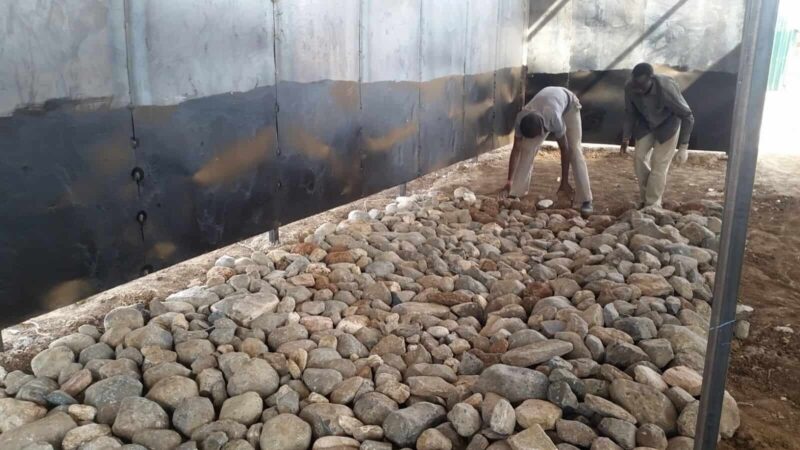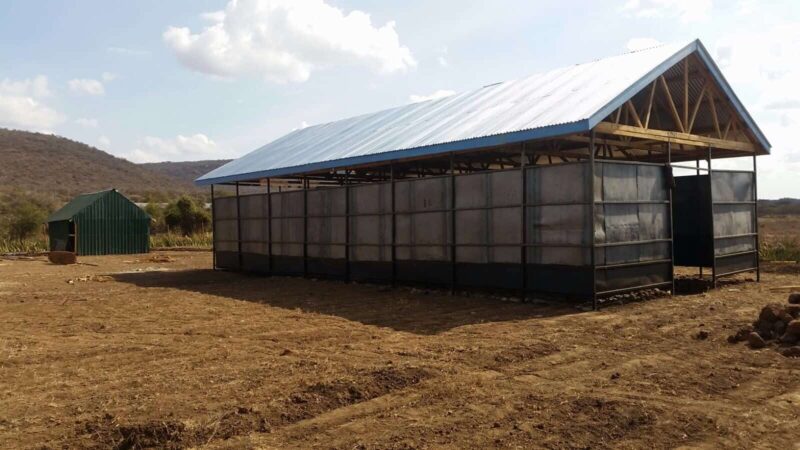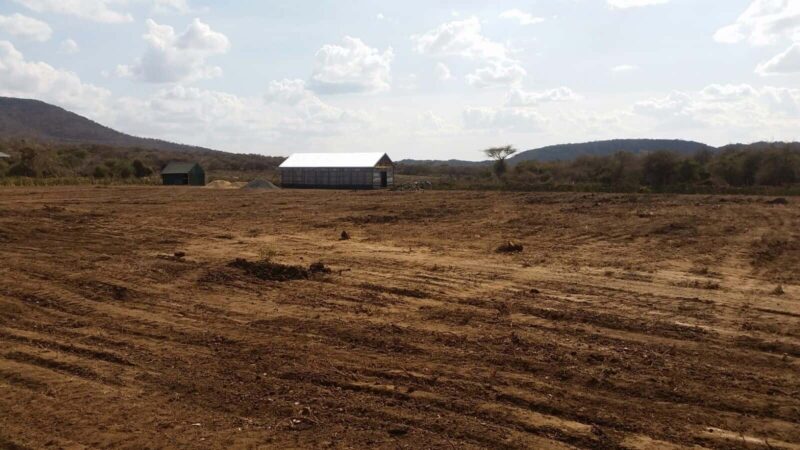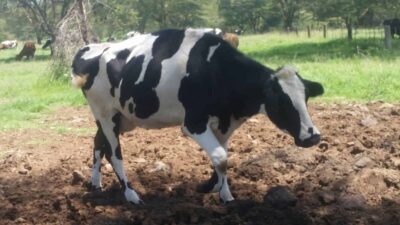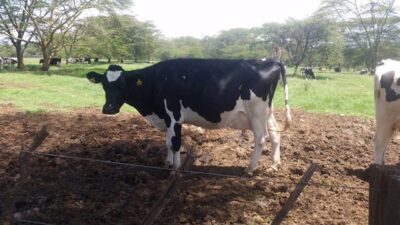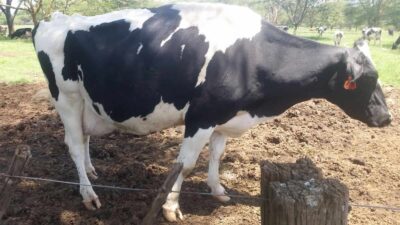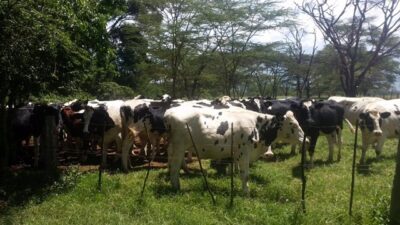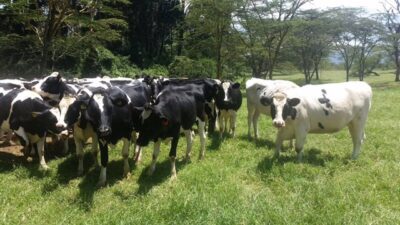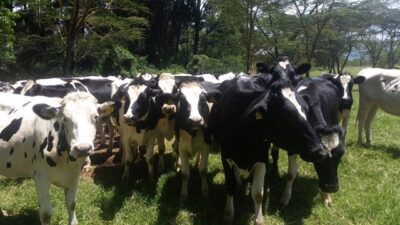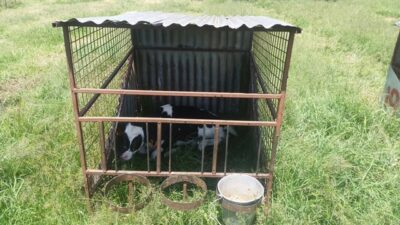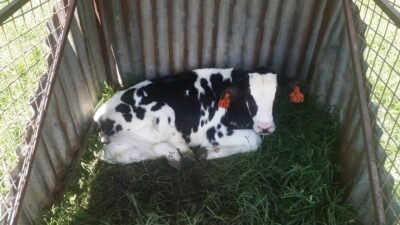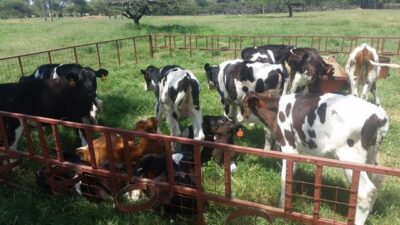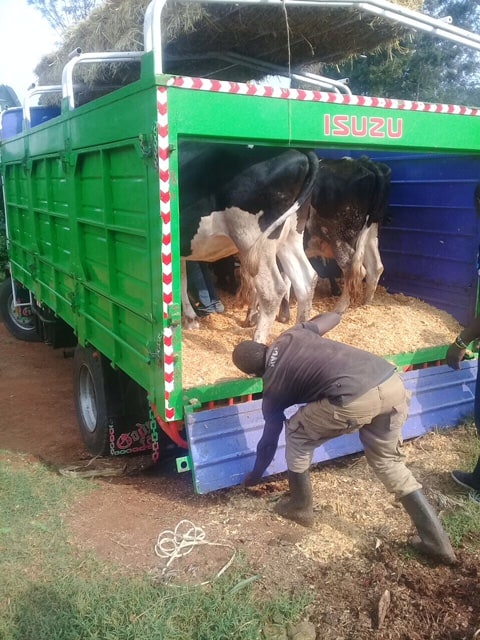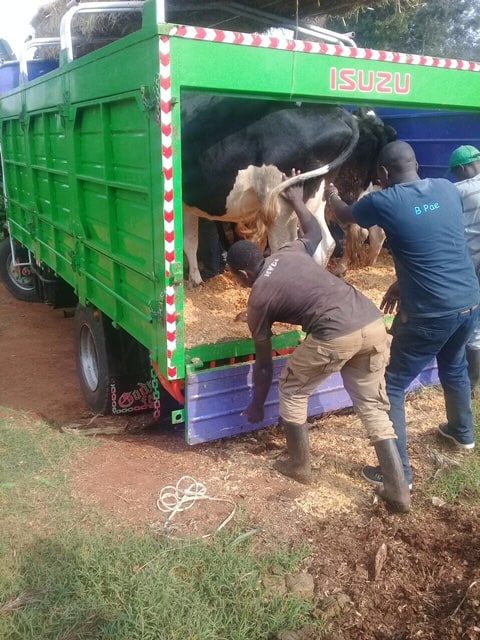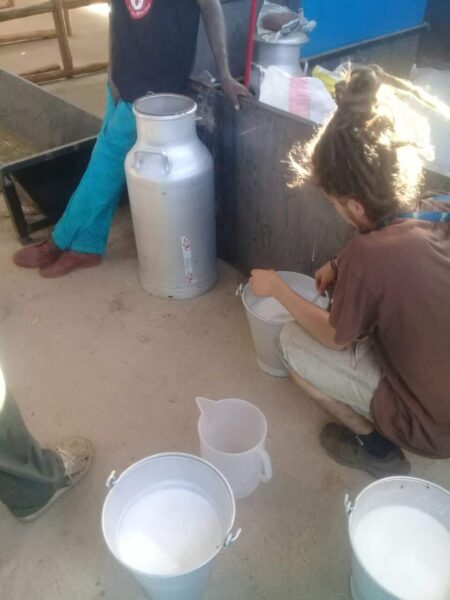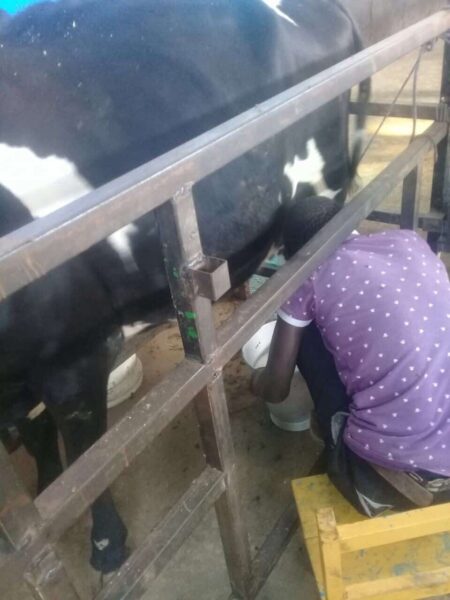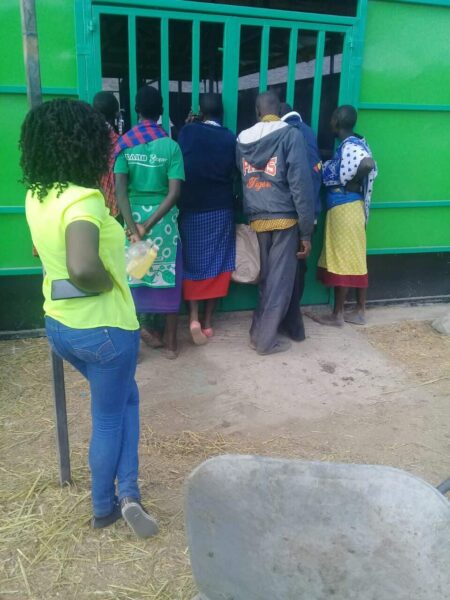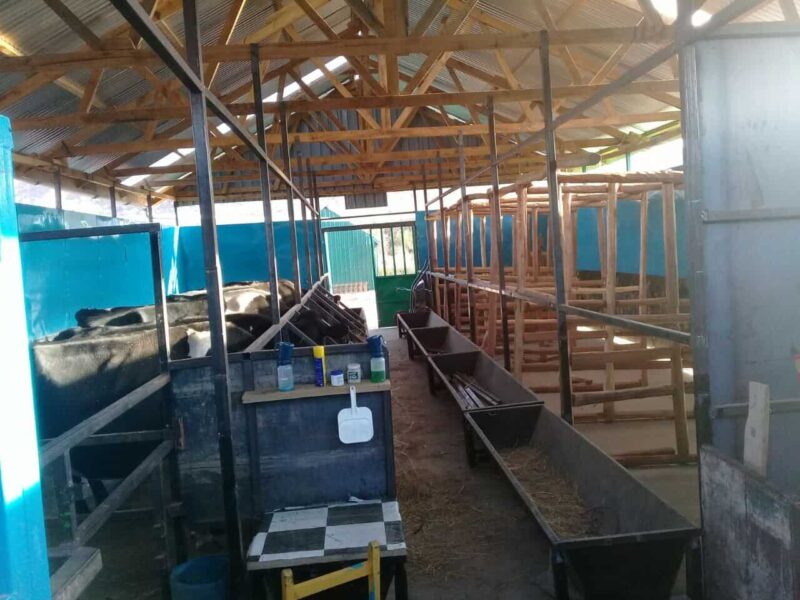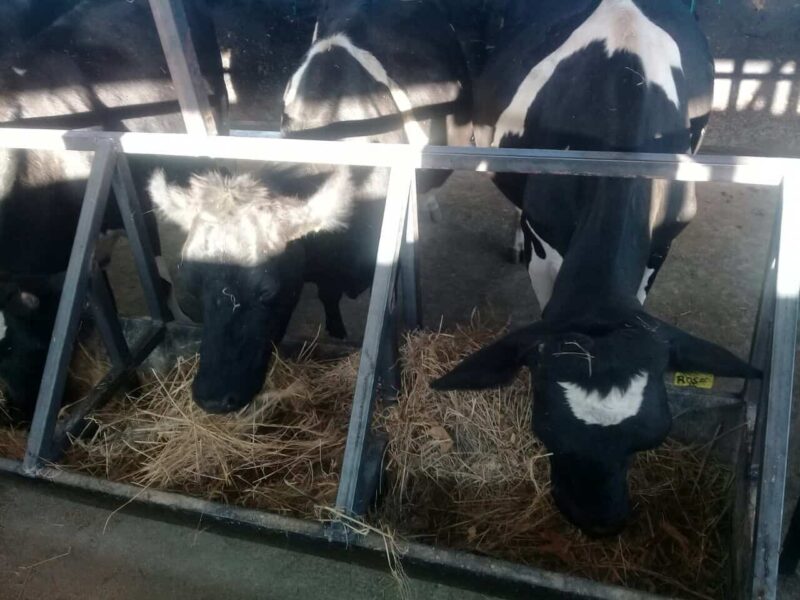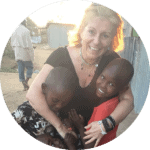On July 17, 2017, the time had come and construction of the long-awaited farm began in Olpirikata. In this first week of construction, 10 men were on site to start clearing the land. The Italian NGO “La Nostra Africa” had been given a total of 18 hectares by the Maasai for the construction of the farm. The farm was christened “Acacia Camp” by the Maasai even before it was completed.
The tractor arrived the following week and the work progressed quickly.
The schoolchildren watch the construction progress with curiosity.
The fencing of the farm began on July 25, 2017. 43 Maasai men wanted to start work immediately. Unfortunately, we had to inform them that only 10 of them would be given permanent employment on the farm. We hope that the project will grow quickly!
By August 20, 2017, 500 aloe vera plants had also been planted along the 1 km long border of the “Acacia Camp”. The aloe vera will later be used to produce a skin cream.
The barn is also slowly taking shape.
On August 28, 2017, we went to Gogar Farm to buy cattle. This farm belongs to an Englishman who has lived in Kenya since 1949 and today keeps 1,100 cows on 16.2 km2 of land. A total of 20 cows were bought, 2 of which were already pregnant. Acacia Camp’s first calf will be born in November and the second calf is due to see the light of day in March 2018.
10 days later, the vaccinated cows and their pedigrees were delivered to Olpirikata.
Home at last!

By 8 September 2017, 40 liters of milk had already been milked, which was then sold at the Kajiado market for 0.70 cents per liter. This enables 7 men to earn 3 euros per day. On the same evening, 28 milked liters were sold directly to the people of Olpirikata, who were queuing in front of the farm to buy milk.
Cultivation began the following week. Milk production got off to a good start. Each cow gives around 10 liters per day – it usually takes at least a month until the food supply and milk production are reasonably well adjusted. At the moment, the milk doesn’t even have to be brought to Kajiado because the demand in Olpirikata is so high. In addition, people from other communities such as Karero, Ilailupa and Rruya also come to buy milk.
September 28, 2017 was payday and the men are very proud of their work and the milk they produce.
Lorenzo, a student at the University of Milan, is writing his thesis on the project and the good progress of the project is also thanks to him and his efforts.
There is even a list of rules for the stables, which are very tidy and clean. The cleanliness is also due to the fact that the men were not paid for a week because of untidiness.
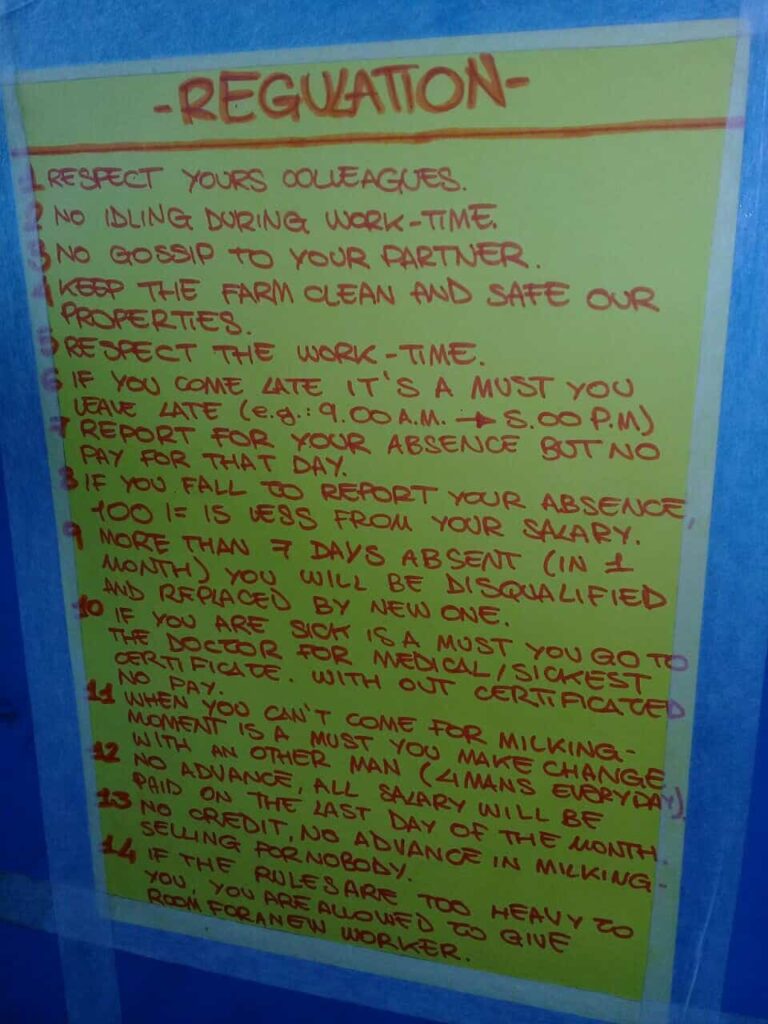
They have already been planted and the first vegetables will be available in about a month’s time. We will report on this.
